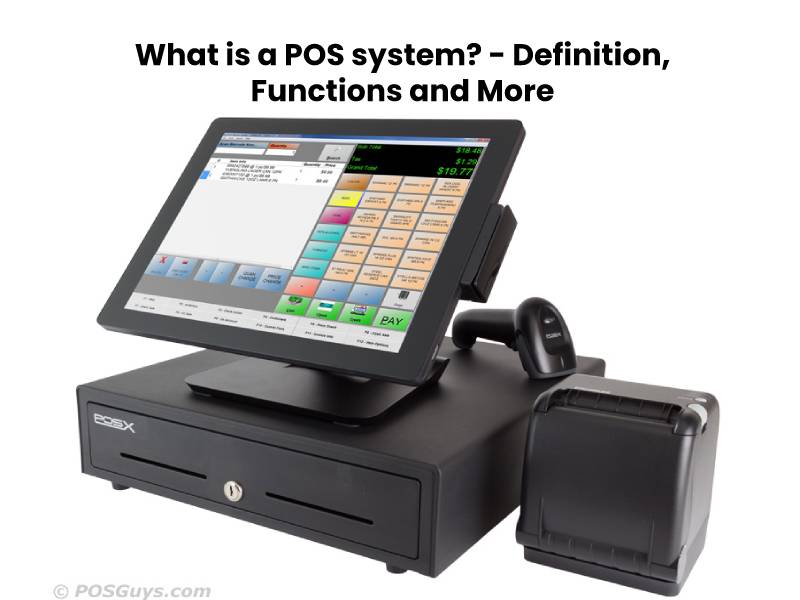Table of Contents
Definition POS system
POS system – A “POS” means “Point of Sale.” This term can refer to the physical space where users can make purchases. And also, this program also helps to systematize the control of sales and inventories of the physical point of a business.
A POS system is a set of hardware and software tools that seek to increase business productivity. It helps them to invoice quickly and keep total control of revenue at points of sale.
Through a [POS system], you also get control of the company’s inventories. Many systems designs to keep a real-time count of the number of products that get mentions in the list of stock.
Difference between a traditional POS system and one in the cloud
The two types of POS systems are a traditional system, which operates through direct installation and a cloud system that works through the internet.
Traditional POS system
A traditional [POS system] is one that operates on a single computer network. POS systems install individually on each computer on which you want to work. And also, these systems require a license and they are updated manually.
Usually, traditional systems tend to be more expensive and need a local server for information storage. The price of machinery for this system is very high.
POS system in the cloud
[POS systems] in the cloud are the current and most recommended option in POS since they work through the internet and allow users to access it from any device. Such as a tablet, computer, or cell phone.
The POS system in the cloud does not require any installation and can get connected from anywhere quickly and with up-to-date information.
The Alegra [POS system] works even without an internet connection as it is capable of solving the connection failures. With the Alegra POS, you can generate sales and add payments. And also as soon as the internet connection restores, they will be synchronized automatically. And also even making accounting and administrative reports.
Mobility
The main advantage of cloud systems is they are accessible on mobile devices. The flexibility provided by POS systems admires by all where staff place orders directly from a tablet and also go to where the users are.
How does a POS system work
The customer goes to the point of sale to make the payment of their products.
The cashier registers the sale quickly. Customer data saves. Alegra’s [POS system] allows users to add as frequent contacts, and they registers in the database for future purchases.
The cashier enters all the billed items in the system. The Alegra system allows the integration of a barcode reader to facilitate the process.
The system calculates the total price, shows payment options, and calculates the amount of money to return in exchange if it is a cash payment.
Once the payment made, the data saves in the system. An invoice in a strip format generates. If you have a cash drawer, it will open along with the print so you can protect the money.
Importance of POS systems
They provide detailed information on each transaction made. The generation of reports and the information provided by a POS system are data with which you can later perform accounting operations corresponding to sales revenue. The Alegra POS system automatically generates the accounting entry.
Kamran Sharief
Related posts
Recent Posts
What kind of Bankruptcy Can My Tech Company File for in NY?
What kind of Bankruptcy Can My Tech Company File Introduction In an environment where many technology firms in New York…
Remote vs. On-Site Advantages and Challenges for Hiring Python Developers
Hiring Python Developers: Remote Vs. On-Site Python is the widely used programming language used for creating software applications, data analytics,…



